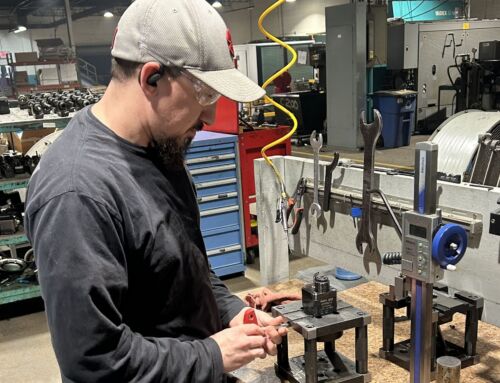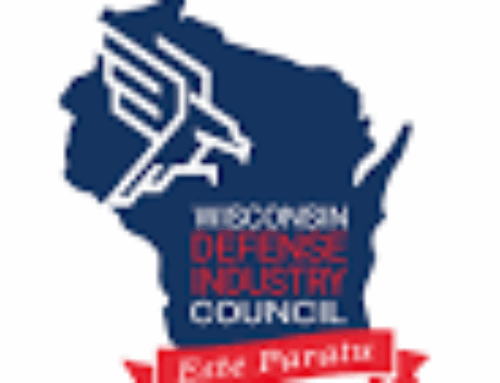The second annual Nexus Sustainability Leaders Summit, a collaboration between the Water Council and the Marquette University College of Business Sustainability Lab, will take place Oct. 14 and 15 at the Harley-Davidson Museum.

The following Q&A with Nexus featured speaker Emilio Tenuta gives a preview of the upcoming “Deep Dive” discussion. As Ecolab Senior Vice President and Chief Sustainability Officer, Tenuta provides expertise on the benefits of linking sustainablity to a company’s business strategy.
1) Global politics and the global economy look much different today than even a year ago. Is sustainability still a priority? How is the shift in global politics affecting corporate sustainability efforts?
There’s no question that we are facing economic and geopolitical headwinds right now. We’re living in a time when sustainability is being tested – not just by external pressures but by internal doubts.
But here’s the truth: Sustainability isn’t a luxury. It’s a strategic lever. Not just for doing good, but for doing better. It’s also a catalyst for building resilience, unlocking innovation, and driving growth in ways that matter.
When sustainability is linked to a company’s core strategy, meaningful business returns and impact follow. Sustainability is an engine that powers innovation, builds trust and drives growth.
2) Economics has to drive and support environmental efforts. Is that happening right now, and where do you see it heading in the future?
Sustainability must be embedded in a company’s business strategy. Without the business case, sustainability initiatives won’t succeed. It’s also critical to quantify outcomes. Defining and measuring outcomes help build trust, and metrics drive accountability.
To use Ecolab as an example, we created a framework called eROI – exponential return on investment. We also measure Total Value Delivered to our customers. These enable us to provide proof, not promises. Since 2019, we’ve delivered $9.1 billion in cumulative customer value.
When sustainability drives real results in water, energy and waste reduction while enhancing safety and performance, it sells itself. Moving forward, it’s essential that companies deliver operational efficiency and impact. That’s how to create lasting value for customers, communities and the environment.
3) What’s the difference between sustainability for the short term and sustainability for the long term?
If you do this right, if you make the business case, you will get both short term and long-term sustainability benefits. You will deliver on business outcomes, operational efficiency and performance, and environmental impact.
If companies can monetize that and make the business case for sustainability, it’s going to benefit us today and the future.
What’s often forgotten is the important role that water plays in driving our economy. It’s essential to life, growth and our future. AI-enabled smart water management tools will transform the water crisis. At Ecolab, we’re demonstrating that water-smart business is good business and that it can help drive performance by optimizing water use and proactively managing risk.
In 2024 alone, our technologies helped customers conserve more than 226 billion gallons of water, enough to cover the annual drinking water needs of 781 million people—while delivering $9.1 billion in cumulative value since 2019.




